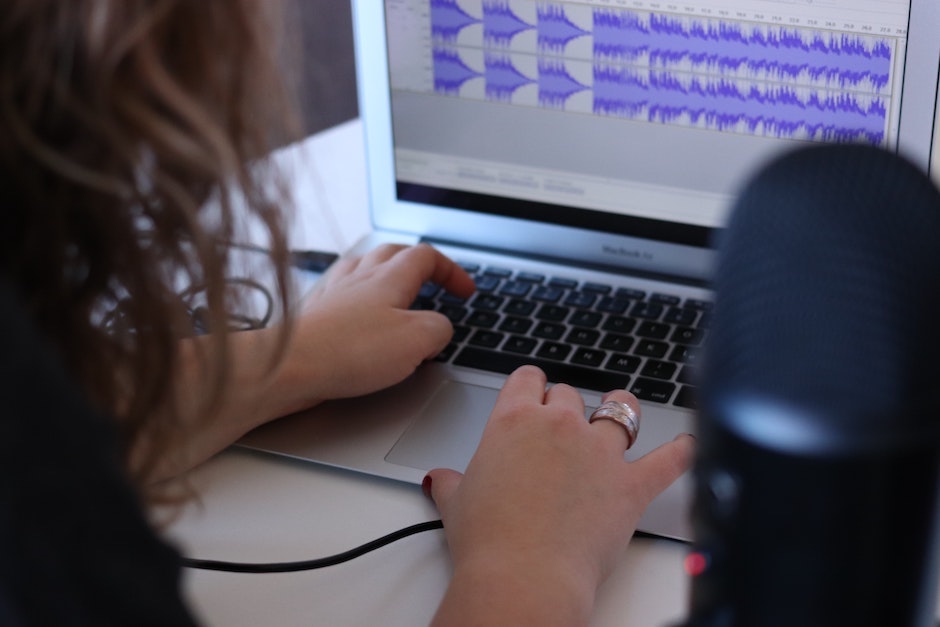The ORION Open Science Podcast started as a way to communicate with new audiences. For science to be open, information has to be accessible, and taking advantage of this unique audio medium was too good an opportunity to pass up. The podcast officially launched with episode one in 2019 and is now in its second season with the podcast hosts Luiza Bengtsson and Zoe Ingram who have deep dive discussions with experts on a wide variety of topics related to Open Science.
For being a relatively unexplored medium, podcasting brings a host of benefits for sharing information from experts. It is possible to use this format to deliver education and training material in a conversational way. The flexibility of being able to record from almost anywhere is especially useful and the format lends itself to discussion that brings out passion in speakers that is rarely seen in classical lectures.
However, the journey of starting and maintaining a high-quality podcast was not always smooth. From the very beginning, it was hard to know if anyone would listen and if people did listen, would they be researchers who were the target audience? Even when the podcast was launched, this was still unclear as the arduous process of building an audience was underway. At some points, the pressure to come up with episode ideas was also difficult.
One day the podcast team were sitting round a table trying to decide who they should interview for the next episode when an email landed in their inbox. It was from a researcher who wrote to let the team know that they listened to the podcast all the time and that they wanted to be a guest. It was the first piece of fan mail for the podcast and a moment of realisation that their message was actually reaching people and that their hard work was paying off. The podcast has now been downloaded over 7000 times and the team now regularly receive suggestions for who they should interview. This demonstrates a healthy audience engagement and guarantees a steady stream of exciting episodes.

When the team looked back at their back catalogue of episodes, they noticed that their work could also tell us about current research in Open Science. The mapped the content of each podcast episode onto the Foster Open Science Taxonomy. They quickly got an interesting snapshot of the different subjects that they have covered, with a particular emphasis on Public Engagement and Science Communication. Interestingly, by comparing the podcast topics to the taxonomic chart, they realised that some of the episodes could not be characterised at all. They discovered that Preprints, Public Engagement and Open Science Training were not represented in the taxonomy which can now be updated. Open Science is such a fast-moving field that it’s easy to fall behind. That is why it is crucial to take inspiration from the work that we do in Open Science and take the effort to communicate it well to the research community.
The podcast has really emerged as much more than just a communication channel. The conversational style made up of many interviews has made it possible for the team to grow an engaged network of experts who are sharing their deep knowledge on Open Science. The conversational style and the engagement from listeners means that they were also able to quickly become a part of this newly emerging network and connecting in many different ways.
More information
Please get in touch with Luiza Bengtsson at Max Delbrück Center for Molecular Medicine if you would like to know more about the ORION podcast. Tune in for the latest episode on PodBean!